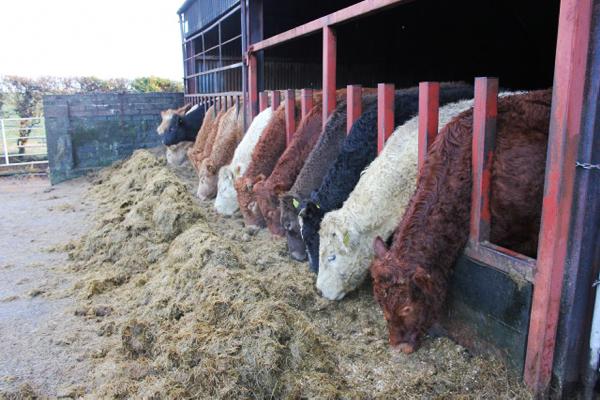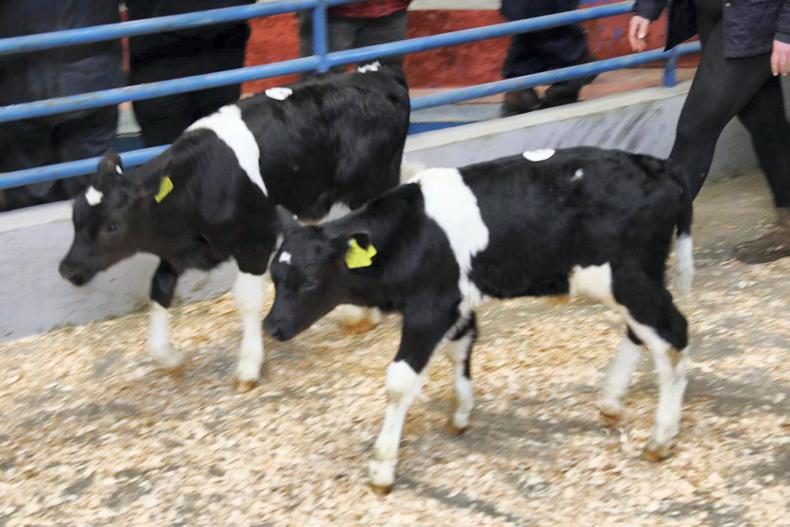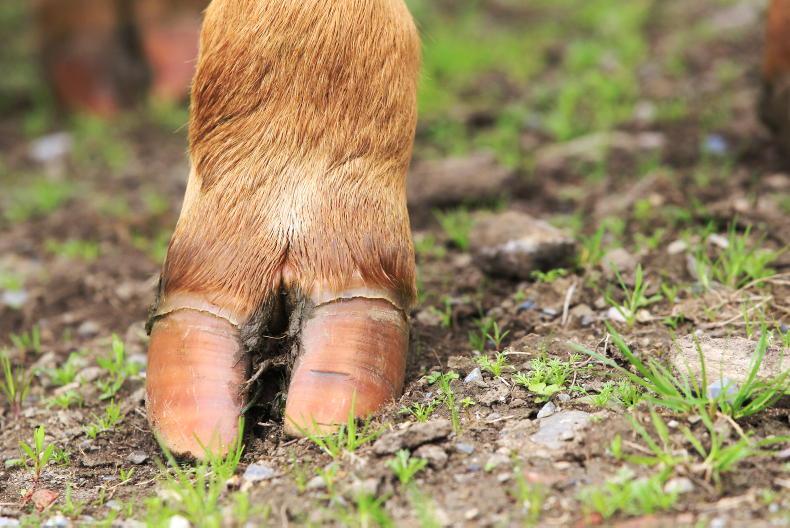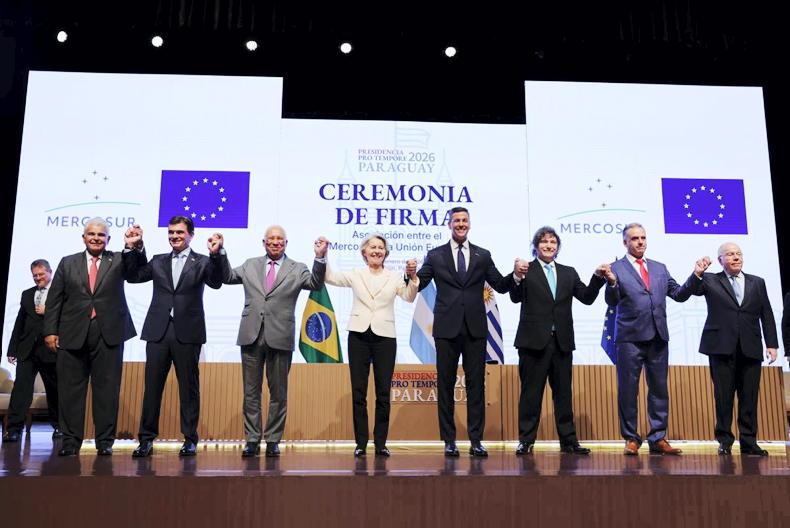The European Court of Justice has ruled in favour of a NI beef farming partnership from Co Down that HMRC had previously excluded from the agricultural flat-rate VAT scheme.
The case, involving Shields and Sons Partnership, who are large-scale beef finishers in the Castlewellan area, has been running for a number of years. It came about after the partnership had its flat-rate farming certificate cancelled by HMRC in 2012, having been members of the scheme since 2004.
It is understood that Shields were not the only beef finishers from NI excluded at the time, with the HMRC arguing that they were all obtaining a net benefit from the scheme that was substantially greater than would be the case under the normal VAT scheme. In HMRC guidance, it points out that it can refuse an application if a farmer stands to gain more than £3,000 in the year following an initial application.
The scheme was introduced by HMRC to allow farmers here the same rights as in the EU and also to free small farming businesses from the administrative burden of VAT registration. Once a farm business is registered for flat-rate VAT it can no longer claim VAT back on inputs, but in return can charge 4% VAT on outputs to VAT-registered businesses, who then claim repayment off HMRC.
In the case of a significant number of beef finishers, those VAT-registered businesses are local abattoirs. At current prices, 4% on a finished animal is probably worth an additional £40 to £60 per head.
In the case of Shields, court papers show that the partnership realised a net benefit in the first year when flat-rate VAT registered, of only £544.49.
But in subsequent years to 2012, the 4% claimed back was estimated to be substantially greater than VAT not claimed on inputs.
The difference over the period was put at just under £375,000.
After being excluded in 2012, the partnership sought a review of the decision, which was not upheld. They then took an appeal to a first-tier tribunal (part of UK court system), which was dismissed in 2014. An appeal of that decision was heard in an upper tribunal, and in 2016, the presiding High Court judge, Mr Justice Nugee, decided to seek a view from the European Court of Justice.
In October, the European court found in favour of Shields. It confirmed that the UK cannot remove individual farmers from flat-rate VAT where they are simply recovering more using the scheme than they would under normal VAT arrangements.
That has led some tax experts to suggest that farmers who have been wrongly excluded from flat-rate VAT could be entitled to a refund or compensation.
However, it remains to be seen what the actual response will be from UK authorities to the European Court of Justice ruling.










SHARING OPTIONS